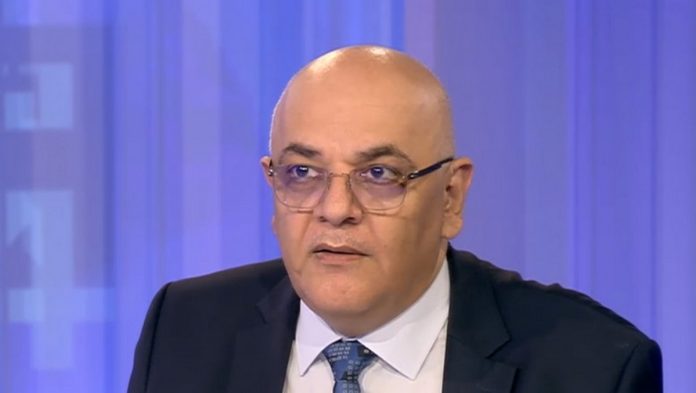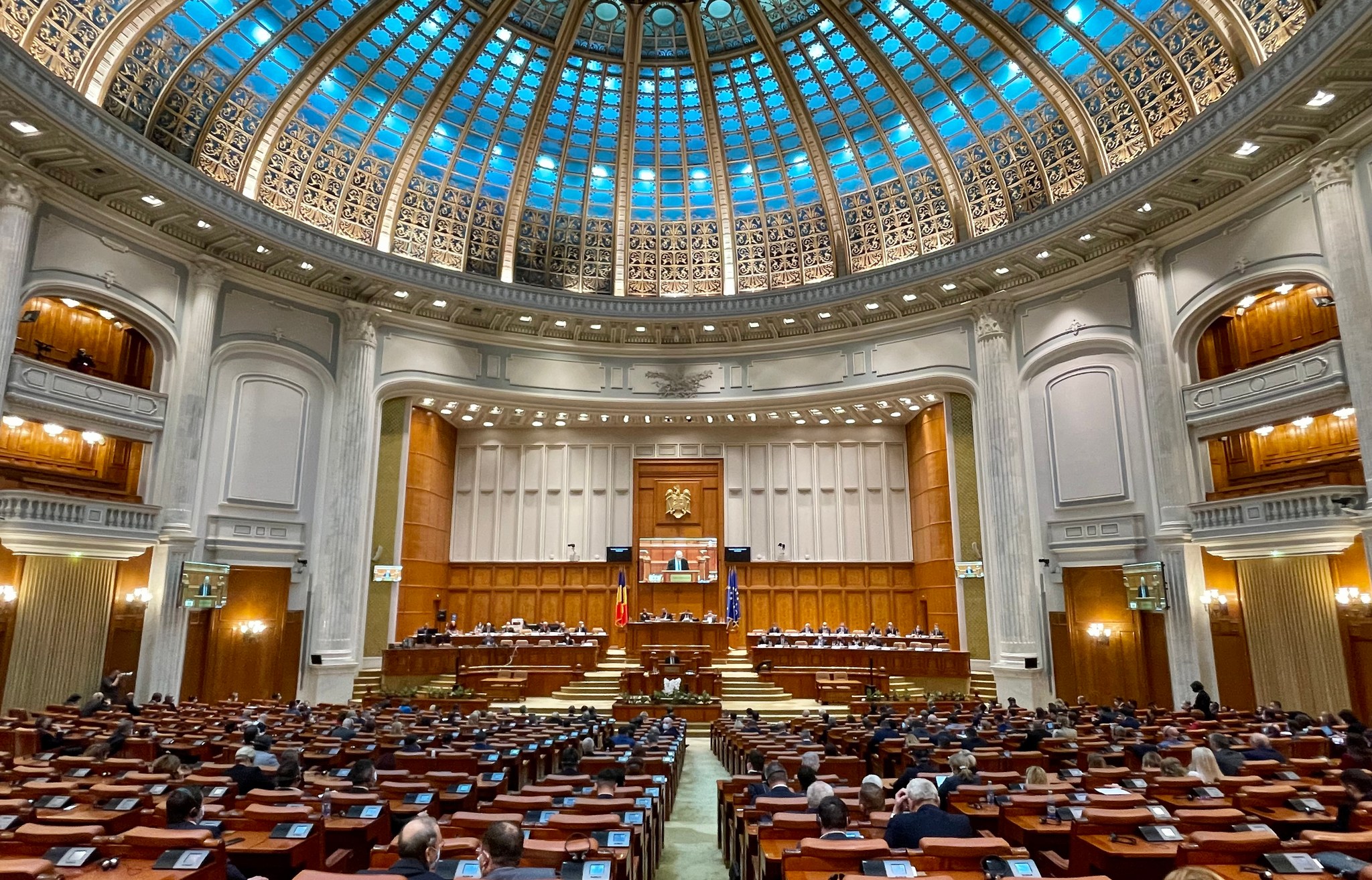Nuclear emergencies are very rare and that is why exercises like ConvEx-3 must be very frequent, in order to prepare people, said on Tuesday the head of the Department for Emergency Situations (DSU), Raed Arafat, at the launch conference of the international exercise ConvEx-3 (2025) focusing emergency response.
„For us, the exercise [ConvEx-3 – editor’s note] is an extremely important one and I want to emphasise that it is part of a much larger exercise, which will begin on June 21. It is about the national earthquake exercise, which will involve three areas – Bucharest and two more localities -, and on the evenings of June 23, 24 and 25 there will also be the ConvEx component with the rest of the exercise continuing. So, this will be part of an extremely complex exercise, through which we try to see our limits, what is good and what needs to be improved. An exercise that, at the end, is said to have been perfect means that it did not achieve its goal. The exercises must show us what our points of failure are, which we must solve in the future. The last major exercise that was carried out in Romania was in 2018, on earthquakes, under the European Civil Protection, and it showed us a lot of things that were corrected and they even led to legislative changes (…) What I really like is that we will have participants from abroad, including in the national exercise part. There are countries that send observers, teams that will participate within our teams,” said Arafat.
According to the official, through such an exercise for emergency situations, the authorities can test their response capacity.
„The final result will be that we will be stronger. Nuclear emergencies are very rare and that is precisely why exercises must be very frequent in order to prepare people. The only solution is through exercises and by creating situations similar to real ones, to see how we react and to prepare our teams. And I want to emphasise one more thing: the scope of the exercise is not only the communication part, how we communicate with each other, and testing procedures, but it involves the medical system, several mechanisms that will be included in this exercise, in addition to the classic mechanisms of the International Atomic Agency. The European civil protection system will be involved and it has already been discussed with the European Commission since the beginning of the earthquake exercise,” explained the head of the Department for Emergency Situations (DSU).
The National Commission for the Control of Nuclear Activities organized, on Tuesday, the official launch event of the international Exercise ConvEx-3 (2025), which will take place between June 24 and 25.
The ConvEx-3 exercise is being conducted under the auspices of the International Atomic Energy Agency (IAEA) and aims to test and improve the national and international response in the event of a major nuclear incident, as well as to strengthen cooperation between participating authorities, institutions and states.
AGERPRES




